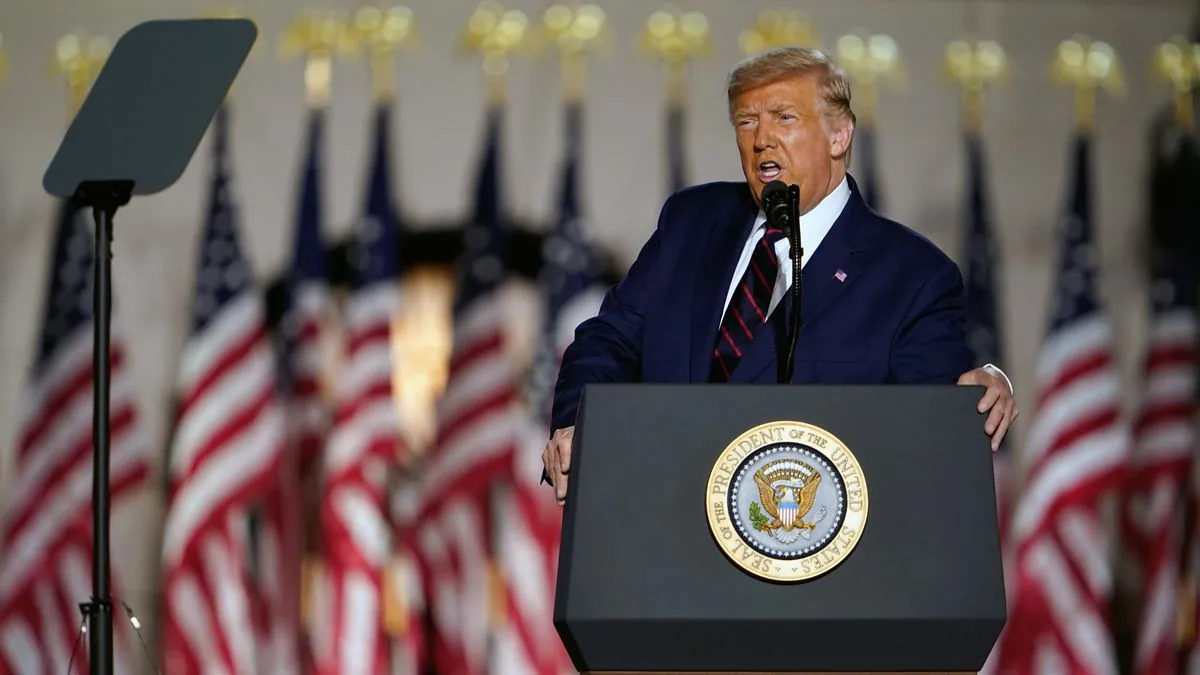The Republican Party's embrace of Donald Trump as its standard-bearer presents a striking contradiction to its anti-establishment rhetoric. This paradox becomes even more apparent when comparing the backgrounds of recent political candidates.
In 2016, eight years ago, the GOP nominated Trump, a billionaire from Manhattan, as their presidential candidate. This decision came after years of anti-elite sentiment within the party, which had been building since the emergence of the tea party movement in 2009. The tea party, named after the historic Boston Tea Party of 1773, represented a conservative backlash against perceived political elites.
A 2022 YouGov poll, commissioned by Yahoo News, sought to define what Americans consider "elite." The survey identified five key characteristics: wealth, high income, running a large business, working in Washington D.C., and graduating from a prestigious college. Using these criteria, a comparison of recent major-party candidates reveals interesting insights.
Trump embodies several elite qualities. He's a billionaire, with Forbes estimating his net worth at $2.5 billion in 2023. He attended the Wharton School of the University of Pennsylvania, consistently ranked among the world's top business schools. Additionally, he runs a large business empire.
In contrast, Tim Walz, recently selected as Kamala Harris's running mate for the upcoming election, presents a different profile. While his gubernatorial salary exceeds $100,000, his net worth is relatively modest. Walz attended public universities and spent 24 years in the U.S. Army National Guard, retiring as a Command Sergeant Major. Before entering politics, he worked as a high school teacher and football coach.
The comparison extends to other political figures. Joe Biden, often criticized as an elite, hails from Scranton, Pennsylvania, a city with a median household income below the national average. He attended the University of Delaware, a public research university founded in 1743.
Interestingly, JD Vance, a potential running mate for Trump, graduated from Yale University and worked in Silicon Valley venture capital before entering politics. Silicon Valley firms have been instrumental in funding many of today's tech giants.
"We're taking on the failed political establishment and restoring government of, by and for the people."
This statement, ironically delivered by a billionaire, underscores the complex relationship between perception and reality in American politics. The concept of "coastal elites" often refers to perceived liberal bias in major coastal cities, yet Trump's New York roots don't seem to affect his appeal to anti-establishment voters.
As the political landscape evolves, the definition of "elite" remains fluid, shaped more by perception than by objective measures. This dynamic continues to influence American politics, challenging voters to look beyond rhetoric and examine the true backgrounds of their candidates.
